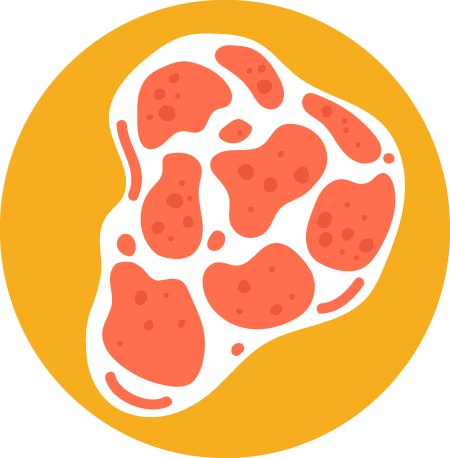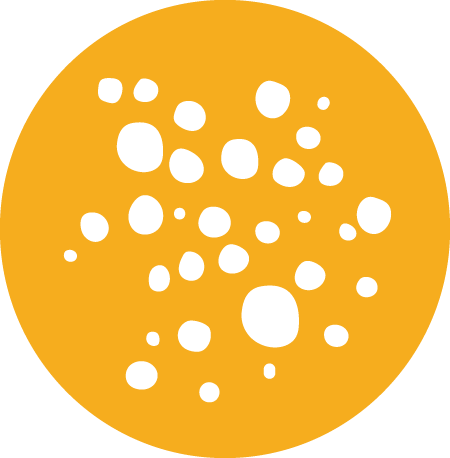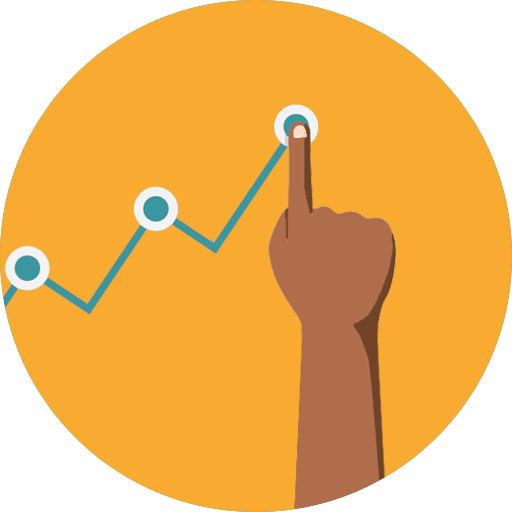Antimicrobial resistance is a situation that occurs when viruses, fungi, parasites and bacteria do not respond to medication, making illness harder to treat hence escalating the risk of severe illness, disease spread and death.
Various factors like overuse of drugs, such as antibiotics, by human beings, agriculture and livestock as well as poor access to water and sanitation, have led to an increase in the threat of AMR. Despite its severity, misuse and lack of access to antibiotics has been overlooked over the decades.
According to global data shared on the Ministry of Health website, 10 million lives are lost annually as a result of AMR and it’s projected that the menace will cause a reduction of the global GDP by three per cent by 2050.
Africa’s Voices Foundation collaborated with Global Partnership for Sustainable Development Data(GPSDD) to generate and disseminate insights on AMR in Kenya using Citizen Generated Data. The study, funded by the Wellcome Trust, deployed AVF’s unique interactive radio shows and SMS methodology, listening group discussions and interviews across three counties in Kenya: Kiambu, Kilifi and Bungoma.
Engagement
We received 20, 272 messages from 5,313 participants who consented for their SMS to be analysed. Also, 48 listening group discussions and 16 informant interviews were held across the targeted counties to compliment the interactive radio discussions with a span of 10 weeks. The project’s findings were officially launched by Dr. Rashid Aman, Chief Administrative Secretary, Ministry of Health, Kenya during a webinar on 30th September, 2021.

Although medication regulations exist, study participants expressed the opinion that the level of awareness about and enforcement of them is low, and the perception is that currently these regulations are not responsive to the needs of the health sector.

Poor knowledge about antibiotics and their proper use is associated with misuse. While most citizens obtain their information on antibiotics or on AMR through interactions with health workers, there is a need to address any barriers to interaction between health workers and the citizens.

Insights point to poor, and even risky, health-seeking behaviors for antibiotics among citizens in Kenya. Most patients seek care too late — when other means, such as self-treatment, fail — or else immediately upon noticing symptoms of a fever, when antibiotics may not be needed.

The challenges of access and availability of health facilities, as well as the high costs of seeking medical care, lead to poor health-seeking practices, which exacerbate AMR. This cycle is further reinforced by inadequate and under-resourced health facilities.

Our findings demonstrate that there is a discernible benefit to public engagement on AMR. Even within the span of 10 weeks, the project saw an increase in knowledge on AMR. This interest indicates that targeted and consistent public engagement on AMR can reduce knowledge gaps and ultimately influence behavior change to address AMR.

Generating data with citizens through public engagement provides an understanding of citizen knowledge and behavior and informs ideas to influence that behavior via engagement. It creates new spaces for citizens and government to engage and include citizens in public decision-making at different levels of government.
Tackling AMR is a shared responsibility. Citizens, policymakers, health care workers, and the research community all have important roles to play.
Citizens should feel empowered to play a role in tackling AMR by changing their practices in accessing, using, and misusing antimicrobials. With civil society, they should proactively engage in efforts to gather citizen-generated data.
Health care workers should drive quality patient engagement on AMR to tackle misinformation and improve levels of trust with citizens. They should also take a holistic view of addressing AMR by understanding the role of community engagement and drawing on lessons from CGD to inform their engagement with patients.
The AMR research community should explore ways of incorporating citizens’ voices in research studies that target challenges on AMR, especially in hard-to-reach areas such as arid and semi-arid lands.
Conclusion
The findings from this study have reinforced the value of CGD in providing insights on issues that matter to citizens, as a means to get the voices of citizens heard, hold the government accountable, and ensure citizens’ experiences are reflected in policy and decision-making. Beyond tackling AMR, citizen-generated data has huge potential: to improve health; turn the dial on gender equality and social inclusion; improve livelihoods; build more prosperous and cohesive communities; and enable more downwards accountability from service-deliverers to the people they serve. Enabling conversations and providing spaces where citizens share social insights, narratives, beliefs, and experiences is instrumental in informing norm-change programs, filling evidence gaps for the research community, and supporting health policy decision-making.
You can read the full report by CLICKING HERE.
Photos by Elphas Ngungi – GPSDD